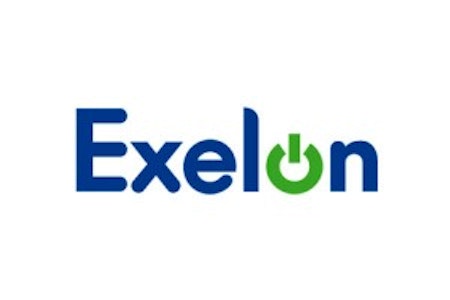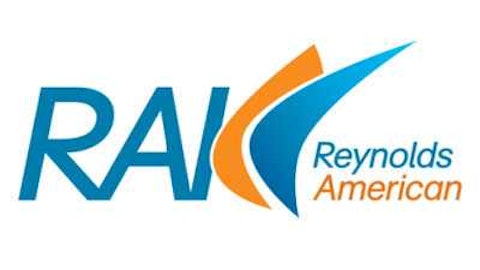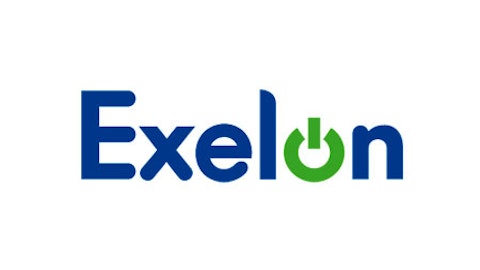Exchange-traded funds offer a convenient way to invest in sectors or niches that interest you. If you’d like to add some promising dividend-paying stocks to your portfolio, but don’t have the time or expertise to hand-pick a few, the ALPS Sector Dividend Dogs ETF could save you a lot of trouble. Instead of trying to figure out which companies will perform best, you can use this ETF to invest in lots of them simultaneously. The ETF takes the “Dogs of the Dow” strategy and applies it more broadly, to a wider universe of large-cap stocks, including a variety of sectors.
The basics

This ETF is too young to have a sufficient track record to assess, but it did beat the S&P 500 over the past year. As with most investments, of course, we can’t expect outstanding performances in every quarter or year. Investors with conviction need to wait for their holdings to deliver.
Why dividends?
The power of dividend investing is often underappreciated. They can be powerful portfolio supporters, providing income even during market downturns. Consider parking them in an IRA, too, to postpone or avoid taxes on dividends.
Kind of by definition, dog-designated companies generally won’t have had strong performances over the past year. Nuclear power specialist Exelon Corporation (NYSE:EXC) sank 12% — and slashed its dividend by 41% a few months ago, though it’s still yielding 4.2%. The company has been hurt by the relatively high cost of nuclear energy in an environment of very low gas prices, but it’s positioning itself for growth, and is involved in other energy-generation businesses, too, such as solar and wind power. President Obama’s climate-change policies may help the company, too. On the negative side, though, demand for electricity hasn’t been growing much.
Telecom company CenturyLink, Inc. (NYSE:CTL) shed 4%, and recently yielded 6.1% (which reflects a dividend cut of about 25% as the company focuses more on share buybacks). The company landed a hefty Pentagon contract in April, with a possible 10-year value of $750 million, and has been moving into promising arenas such as cloud computing (via its purchase of SAVVIS). The company has substantial debt, though, topping $19 billion, but also significant free cash flow, near $3 billion annually. Its EPS has been rising in the past few years, but revenue growth is mixed.
Bucking the trend is hard-drive specialist Seagate Technology PLC (NASDAQ:STX), which surged 88%. It yields 3.3%, and has been upping its payout considerably in recent years. Seagate Technology PLC (NASDAQ:STX) looks like a cheap stock, with its P/E ratio around seven, and significant free cash flow. It has been hurt by the decline of the PC, but there’s still hope, as cloud computing takes off and requires storage, and if solid-state and hybrid drives grow in demand. Some are wary, though, thinking its margins can’t grow much, and that it might not be able to shrink its share count as much as it wants to.
Domestic tobacco giant Altria Group Inc (NYSE:MO) gained 8% and yields 5%, despite facing challenges such as a shrinking smoker base in the U.S., more folks moving to discount cigarettes, and rising taxes and regulations. The company is tackling the shrinking smoking base by moving into electronic cigarettes, which some expect to become a big market. Bulls may like its hefty free cash flow, but there are reasons to worry, too, such as also-hefty taxes.
The big picture
A well-chosen ETF can grant you instant diversification across any industry or group of companies — and make investing in and profiting from it that much easier.
The article Beaten Down and Poised to Rebound originally appeared on Fool.com.
Longtime Fool contributor Selena Maranjian, whom you can follow on Twitter, holds no position in any stocks mentioned. The Motley Fool recommends Exelon.
Copyright © 1995 – 2013 The Motley Fool, LLC. All rights reserved. The Motley Fool has a disclosure policy.





